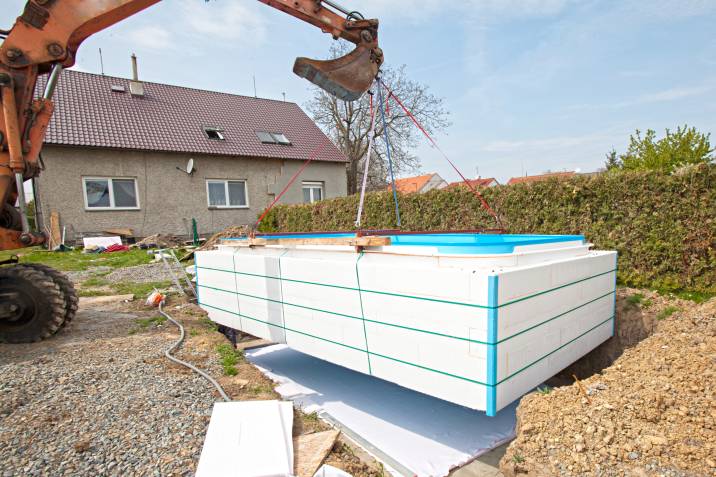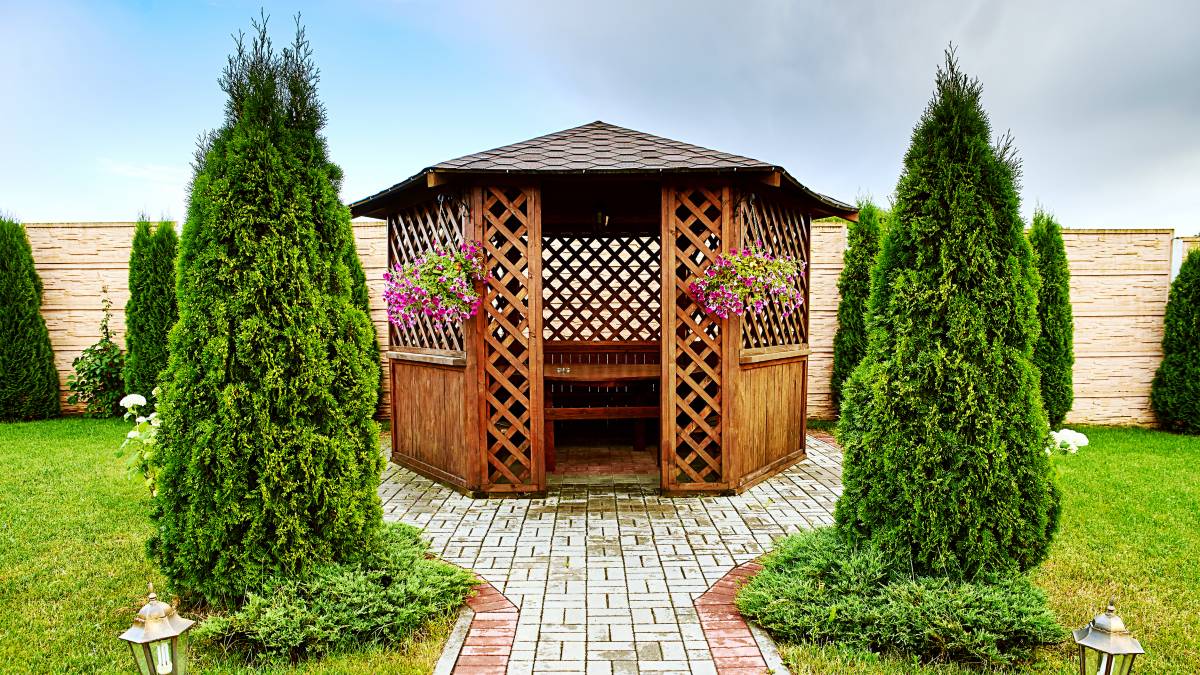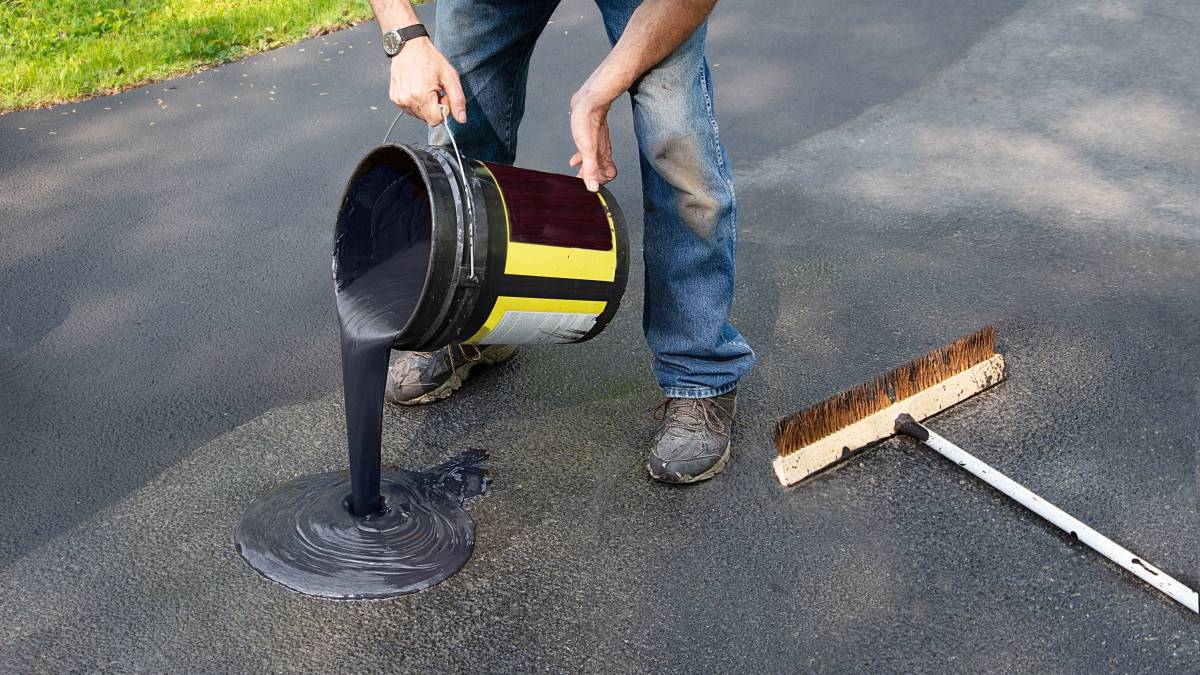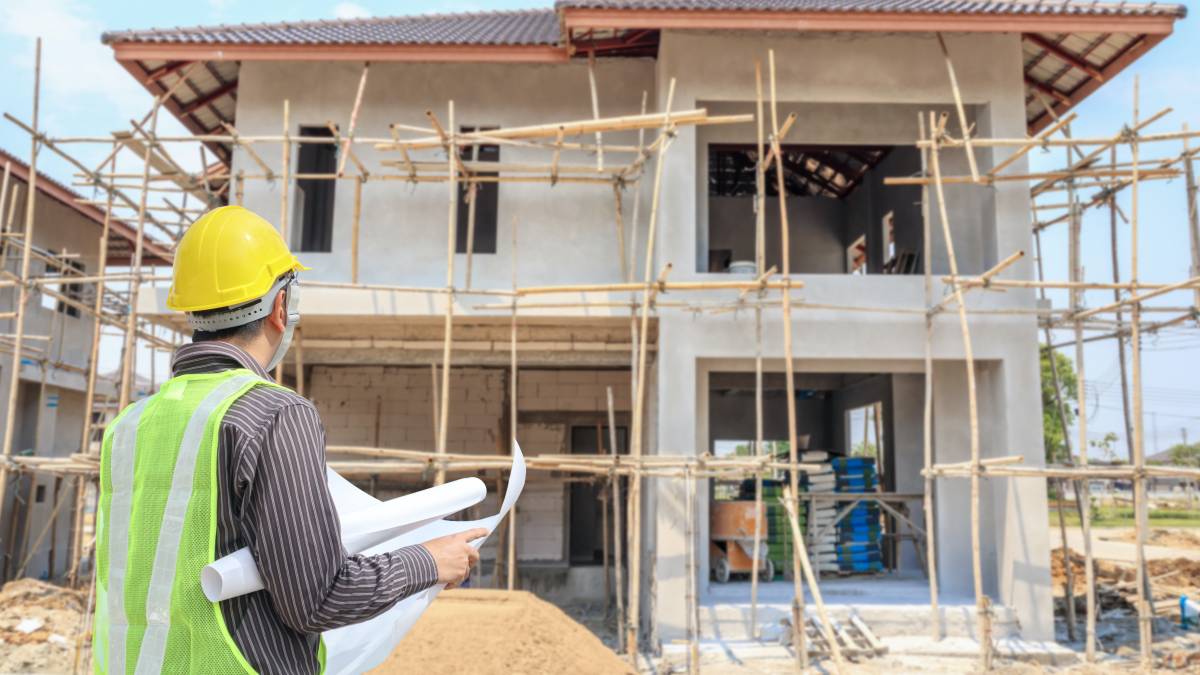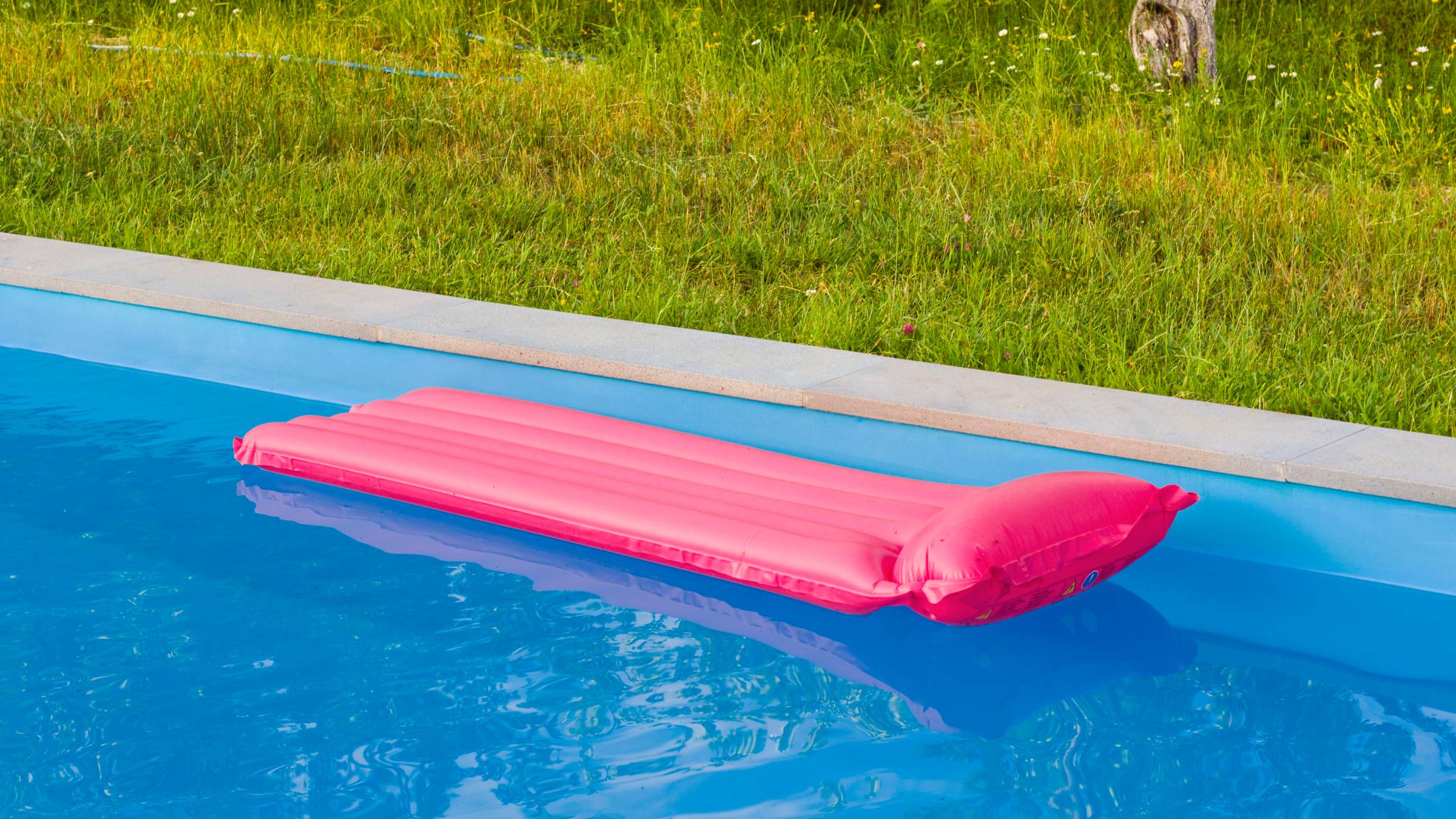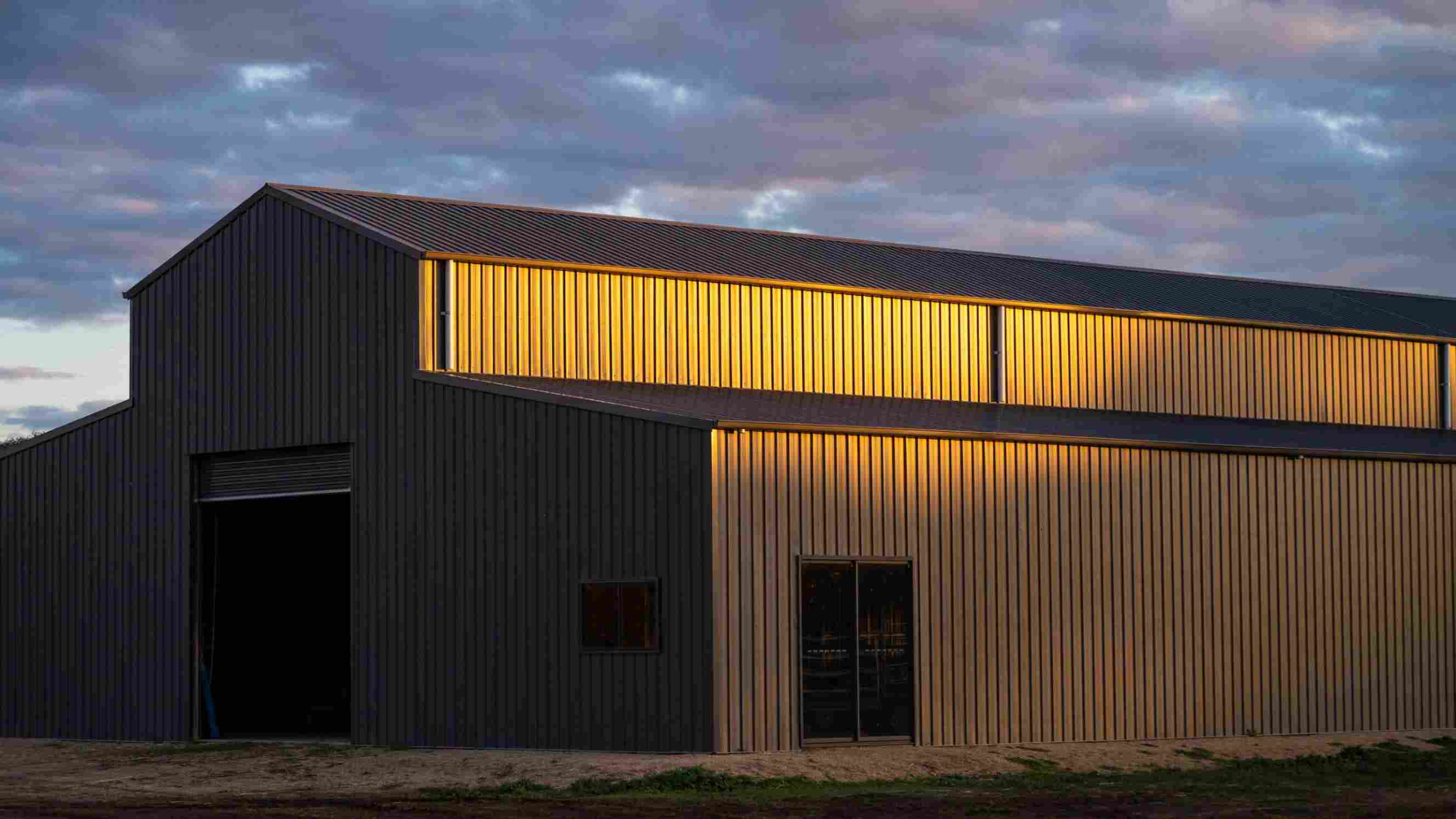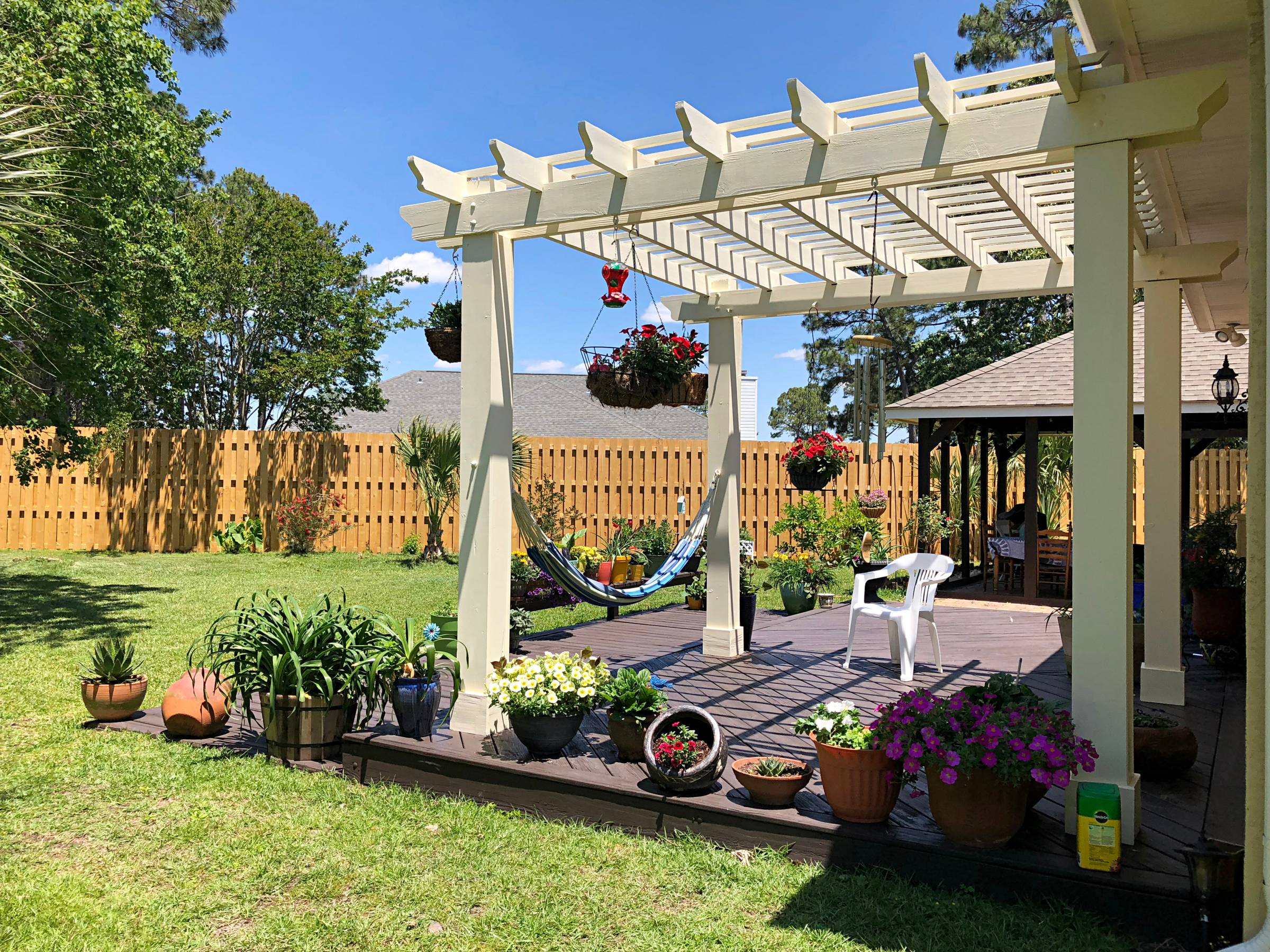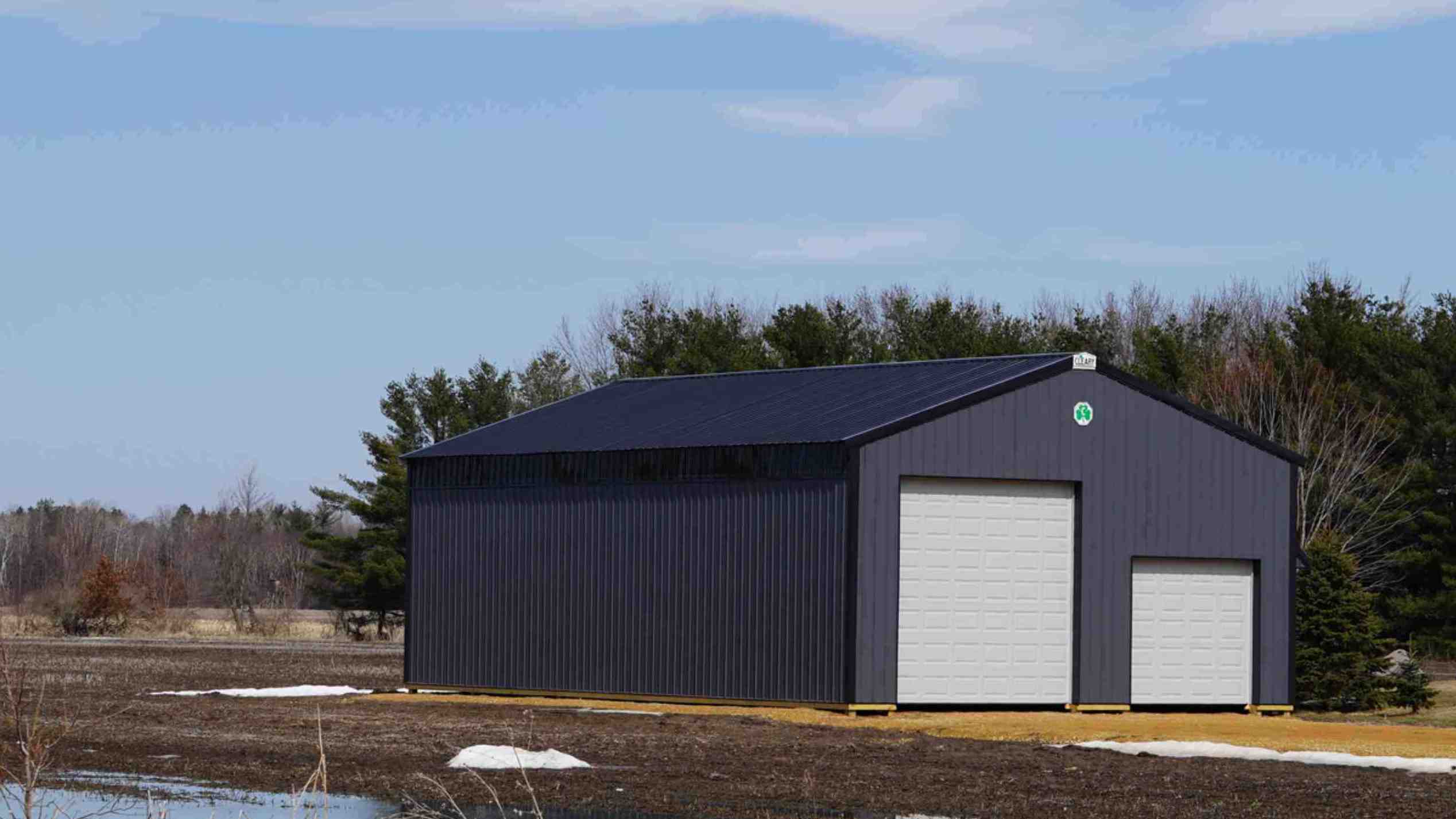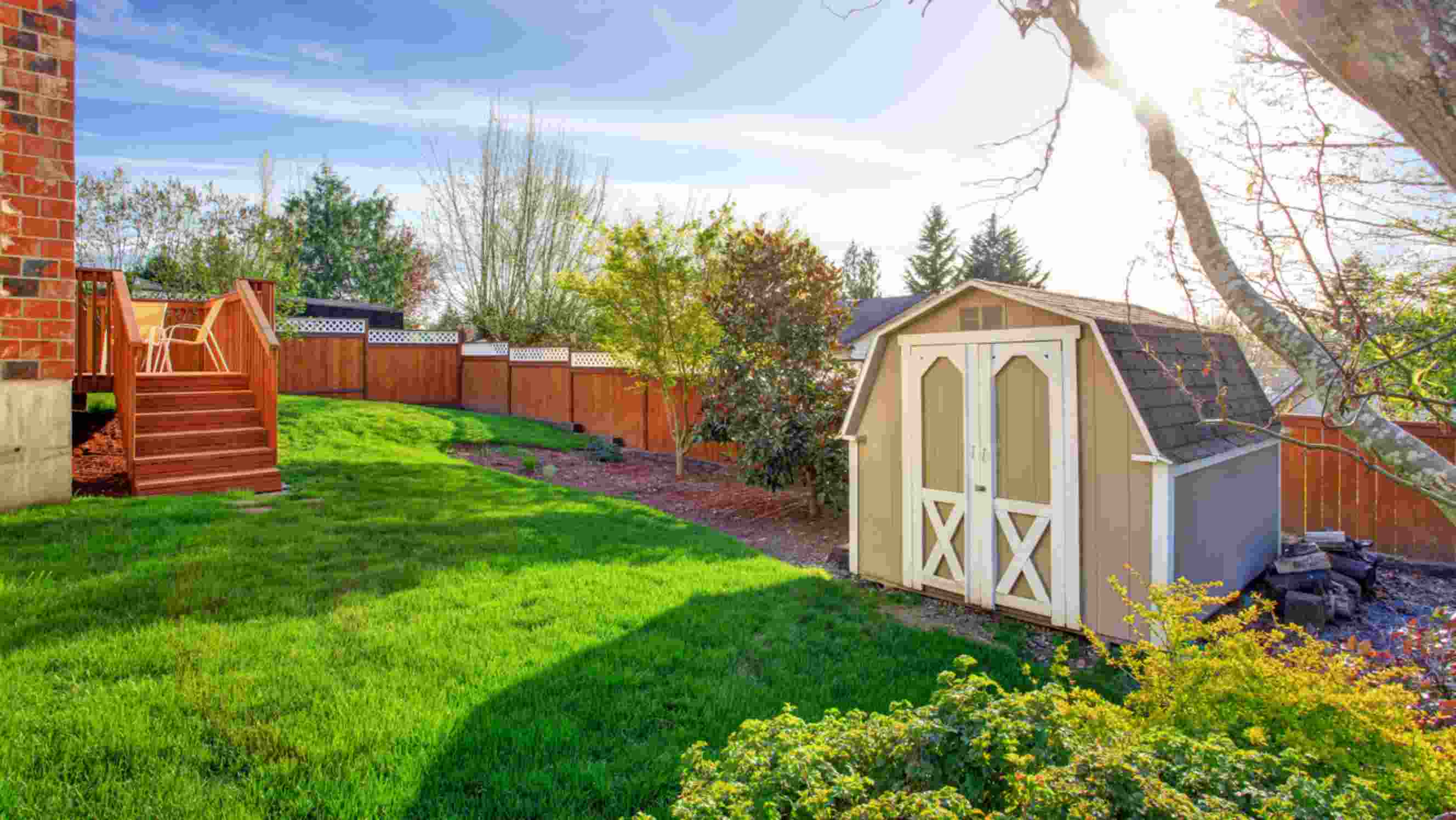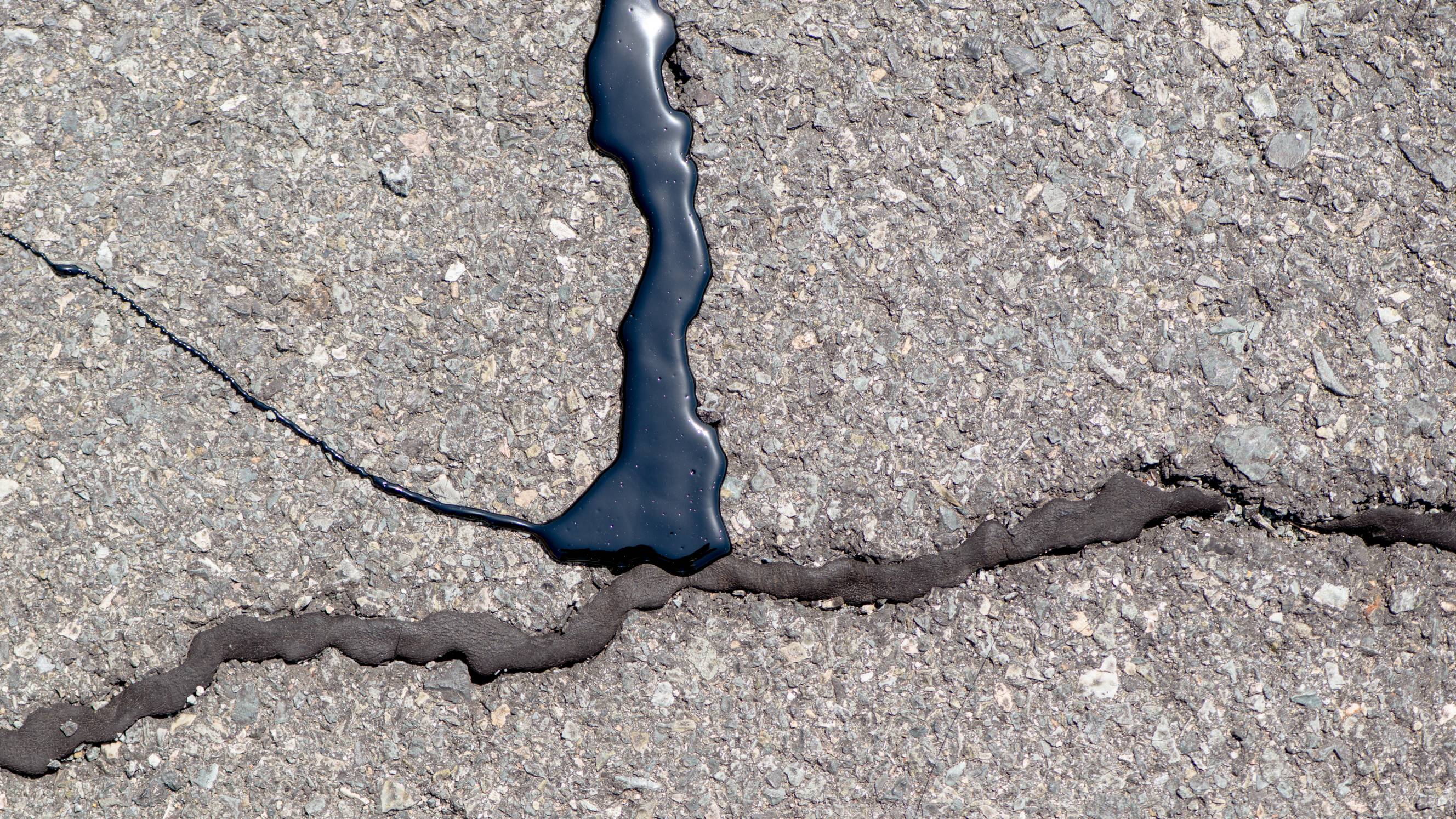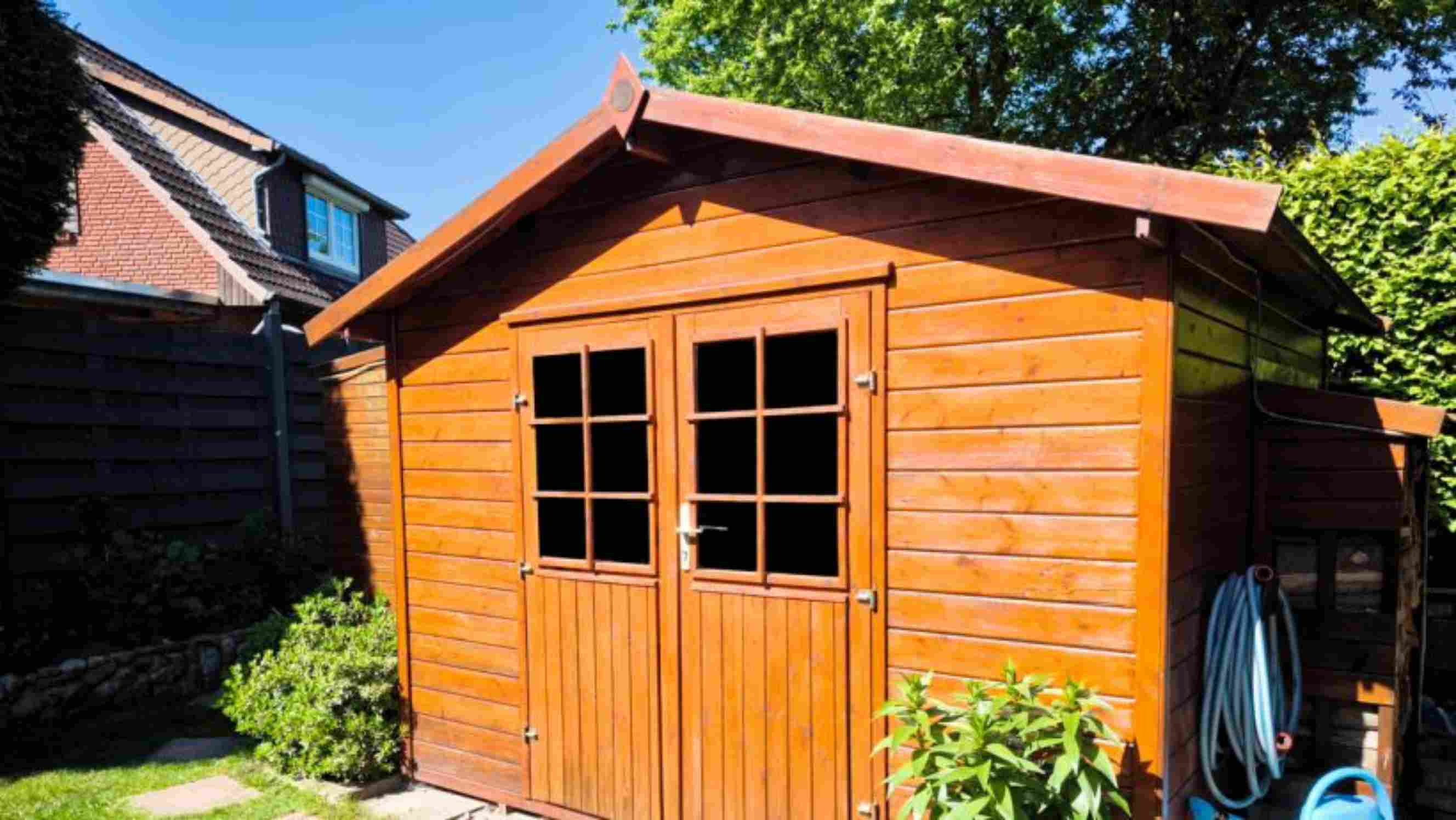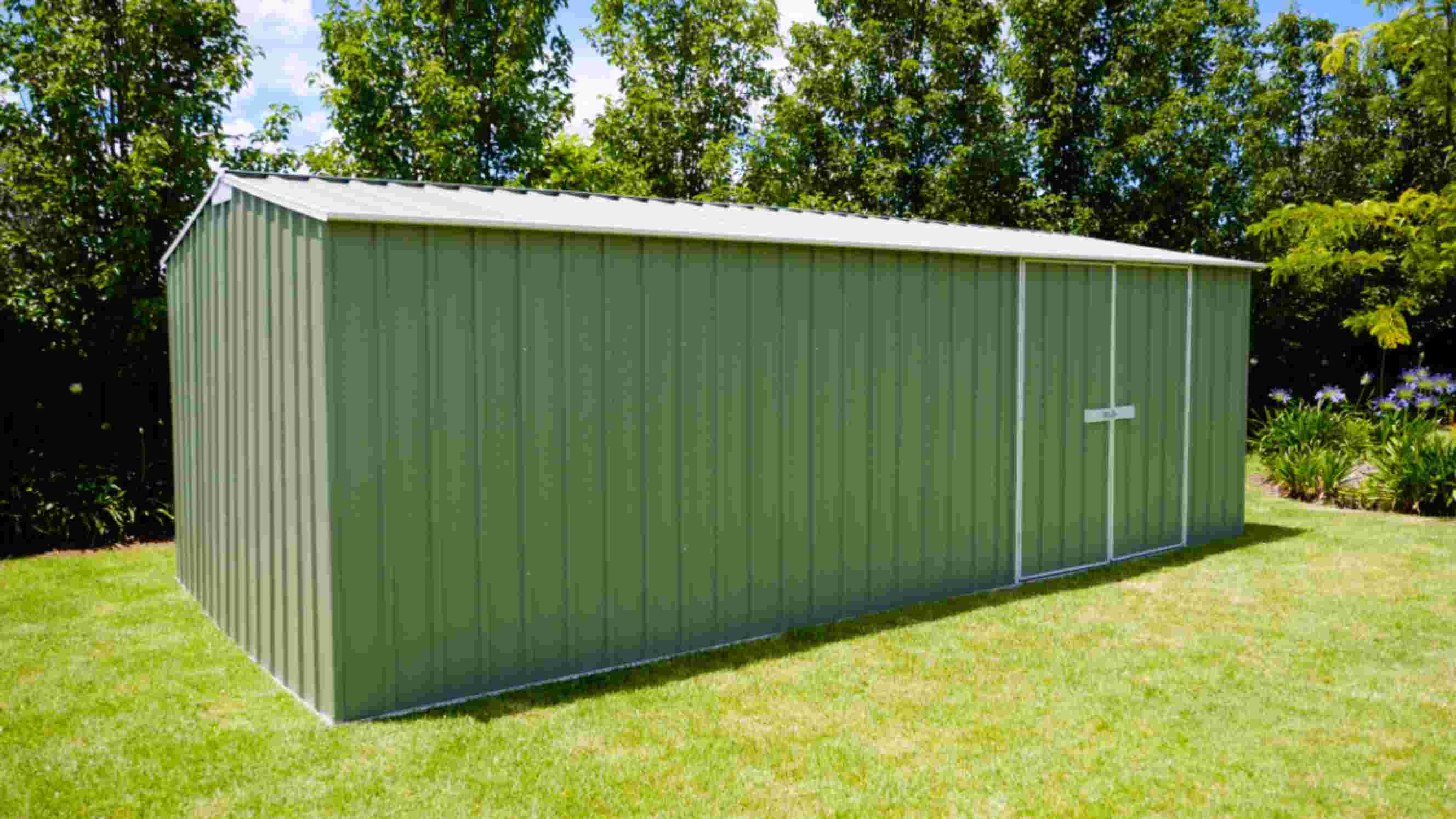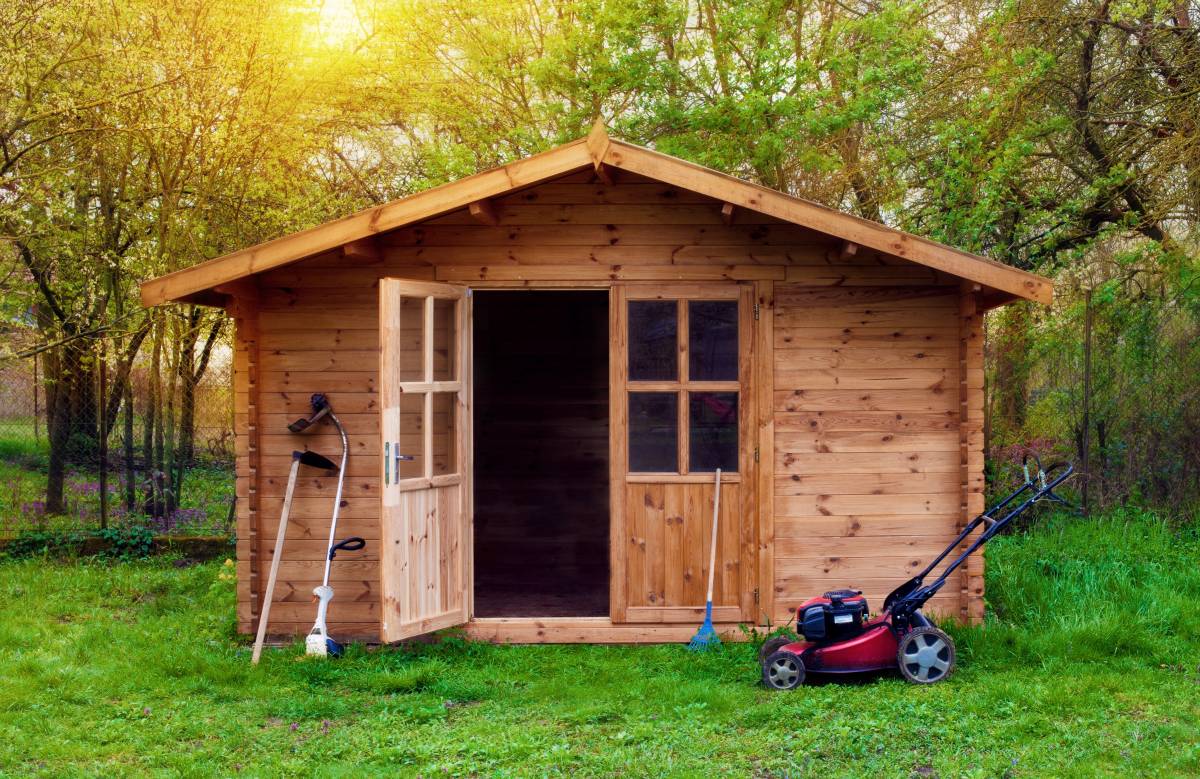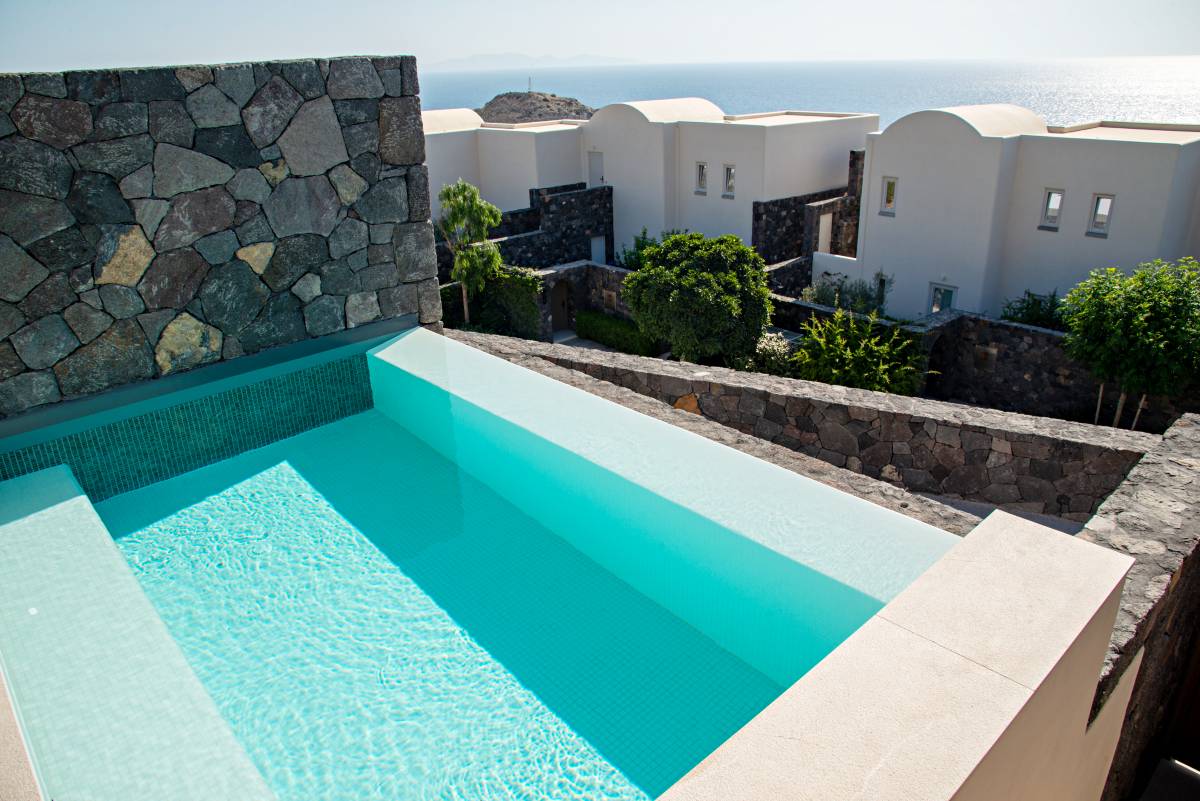
How much does a plunge pool cost?
Get a free quote nowPost to find a price. It's free and only takes a minute.
Price guide
$20,000 - $40,000
low
$20,000
median
$30,000
high
$40,000
Last Updated on
When the summer weather feels unforgiving or the body desires rest, you want to take a few laps in a swimming pool. If your yard lacks space, building a plunge pool is an alternative.
The average plunge pool cost is $30,000. But that’s only a general estimate. This guide will discuss several factors impacting the cost to install a plunge pool.
Average cost of different plunge pool designs
Plunge pool design |
Cost estimate |
Inground plunge pool |
$30,000 - $65,000 |
Aboveground plunge pool |
$3,000 - $8,000 |
Plunge pool with heating & temperature control |
$4,500 - $66,000 |
Vinyl-lined plunge pool |
$10,000 - $20,000 |
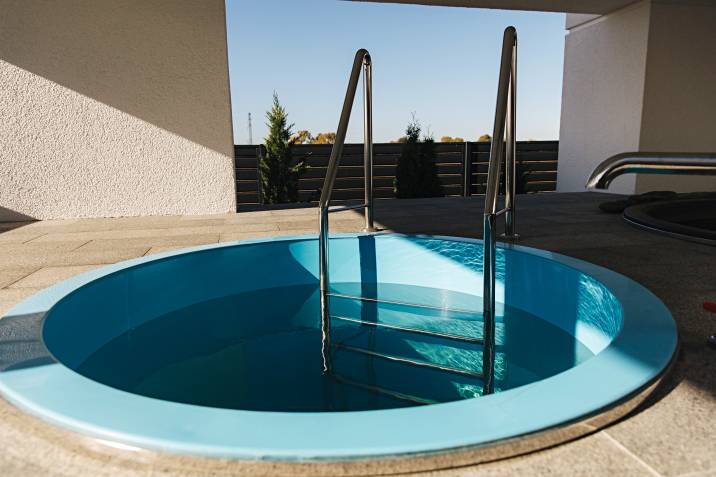
What factors affect plunge pool costs?
What is the cost of a plunge pool? It can be thousands, making it one of your significant investments. The good news is that you have complete control of your budget based on the following factors:
Design
Plunge pools can be either aboveground or inground, each with pros and cons:
- The aboveground plunge pool cost is usually less than $10,000. It is cheaper than an inground pool because it is easier to install. You can save money on labor and materials.
- The inground plunge pool cost ranges from $30,000 to $50,000. But it’s more affordable to maintain in the long run. Aboveground plunge pools deteriorate faster because they’re more exposed to natural elements like hail or hurricanes.
- If the backyard is small, an aboveground pool is a better choice because it’s movable and available in various designs and sizes.
The price also fluctuates if the pool is squarish or rectangular. Of the two, the latter is pricier to build because it requires more footage. However, it gives you more space for lounging and swimming.
Material
Another factor that impacts the cost of a plunge pool is the material used. Your options aren’t different from those in swimming pools. These include concrete, fiberglass, and vinyl.
- Concrete is a preferred material for water parks and other similar recreational facilities because of its durability. It can make pools last up to 50 years with proper care. Plus, it’s easy to customize. But it’s also the most expensive, starting at $25,000. It needs resurfacing every five years, and the installation, including curing, takes months.
- The average fiberglass plunge pool cost is less than $20,000, making it more affordable than concrete. It’s already pre-assembled, so you’re assured it will fit your backyard oasis. Further, the material is lightweight but strong. The downside? You won’t have many design choices.
- The vinyl plunge pool is the cheapest of the three, costing around $10,000 for an inground design, and the fastest to install. In less than two months, you can already relax and enjoy it. It also feels good on the feet and prevents algae buildup. But it’s more time-consuming to maintain; you might have to change the lining every seven years.
Size
Because a plunge pool is mainly for wading and dipping rather than doing laps, it’s way smaller than a regular swimming pool. It has an average size of 10 to 22 feet in length and 6.5 to 10 feet in width. It can be as deep as 5 to 7 feet.
However, the depth can go up to 9 to 10 feet if desired. Just remember that size does matter for pools. A small plunge pool costs $10,000 or less for a simple aboveground design. The bigger they are, the costlier they get.
Labor
Different services sometimes drive up plunge pool costs. These include:
- Soil test. This process ensures that the pool is stable and won’t collapse. Usually, you pay around $110.
- Excavation. One of the essential steps involves removing dirt from your backyard to make way for the pool. It can take about three hours to finish for small pools and an entire day for large ones. The cost usually begins at $1,500. If you have a more complicated terrain, expect to pay around $5,000.
- Plumbing. This means installing pipes that will serve as a drainage system once the pool is filled with water. It can take about four hours and cost $200 per day.
Some plunge pool builders offer many additional services. These include:
- Permits. Some places might require you to apply for a permit before installing a pool. The cost, therefore, includes the fees and the time it takes to do and process the paperwork.
- Landscaping. Pools look even more immaculate and inviting when in a manicured yard. This service, however, could cost you at least $5 per square foot.
- Fencing. Some states, such as Florida and Arizona, ask homeowners to fence their pool area to keep pets and children safe. The installation cost is usually between $1,500 and $10,000.
Add-ons
How much is a plunge pool? It varies according to the extras you want to include.
- Heating. This one makes plunge pools useful all year. Installing heat pumps is usually less than $7,000.
- Lighting. Installing lighting around and inside the pool creates a dramatic effect, especially during night swims. It can cost about $700 to $2,000.
- Water features. If you want to elevate your backyard paradise with more aesthetic waterwork, be prepared to spend between $850 for something simple to over $4,500 for elaborate designs and technologies.
- Cleaning systems. These include automated cleaning tools and in-floor cleaners. They make maintaining your pool much easier but can set you back by at least $500.
Hire a plunge pool installer on Airtasker
A plunge pool can cost a lot, but the rewards are worth it. It can raise your property value and offer you respite, a priceless intangible benefit. Even better, you can now quickly look for an installation expert on Airtasker who can work with your budget.
Here’s how you do it:
Set up your free profile.
Create a task for a plunge pool installer. Indicate all the essential details, such as location, schedule or timeframe, budget, and other preferences.
Post and wait for proposals from various installation professionals in your area.
Accept the best offer.
Soon, you’ll have access to a community of experienced plunge pool builders who can do the job efficiently. Is a plunge pool cheaper? Not always, but the project is doable when you work with the right contractor willing to give you a fair deal. Use Airtasker to contact the best plunge pool installers near you.
FAQs
On average, plunge pools are five to seven feet deep. But some homeowners go deeper at nine to ten feet.
Plunge pools offer many benefits. They can increase property and resale values. Plus, they are ideal for relaxation and lounging, especially during summer.
Yes, you can heat a plunge pool. However, this pool type usually uses cold water, making it an excellent choice in more humid or hotter states, such as Arizona and Florida.
Yes, depending on which state you’re in. The United States doesn’t have a federal law that requires pool fencing.
Find plunge pool builders, fast
Post a task
Related price guides
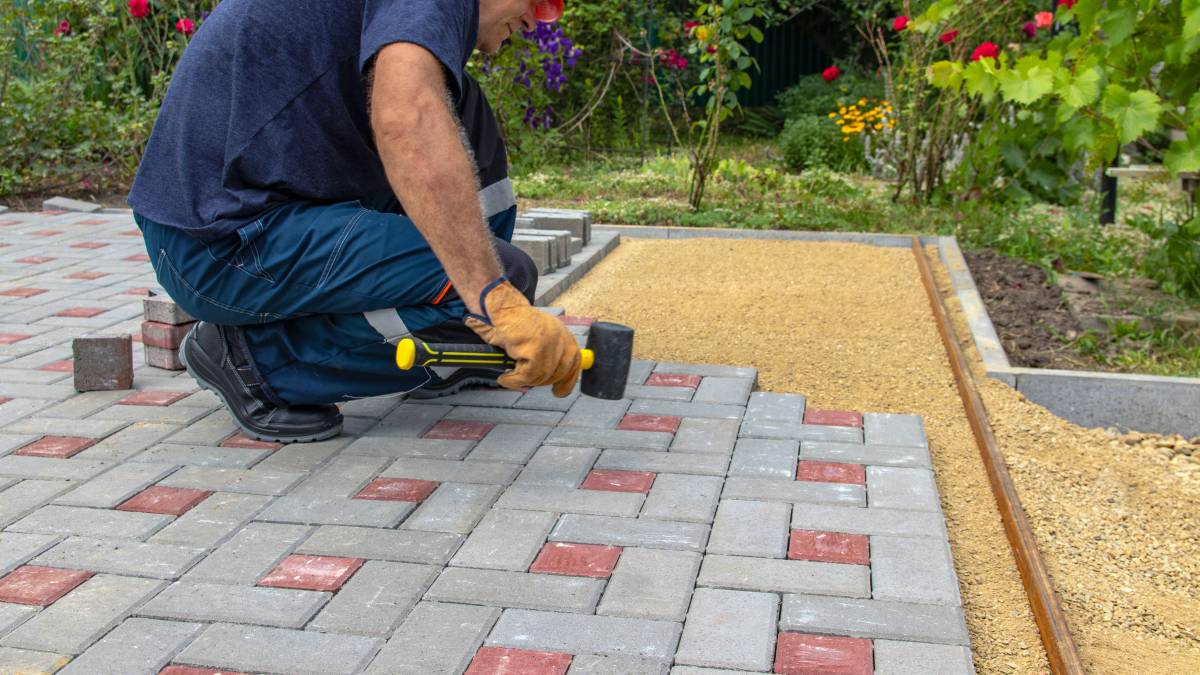
How much do patios cost?
Read more
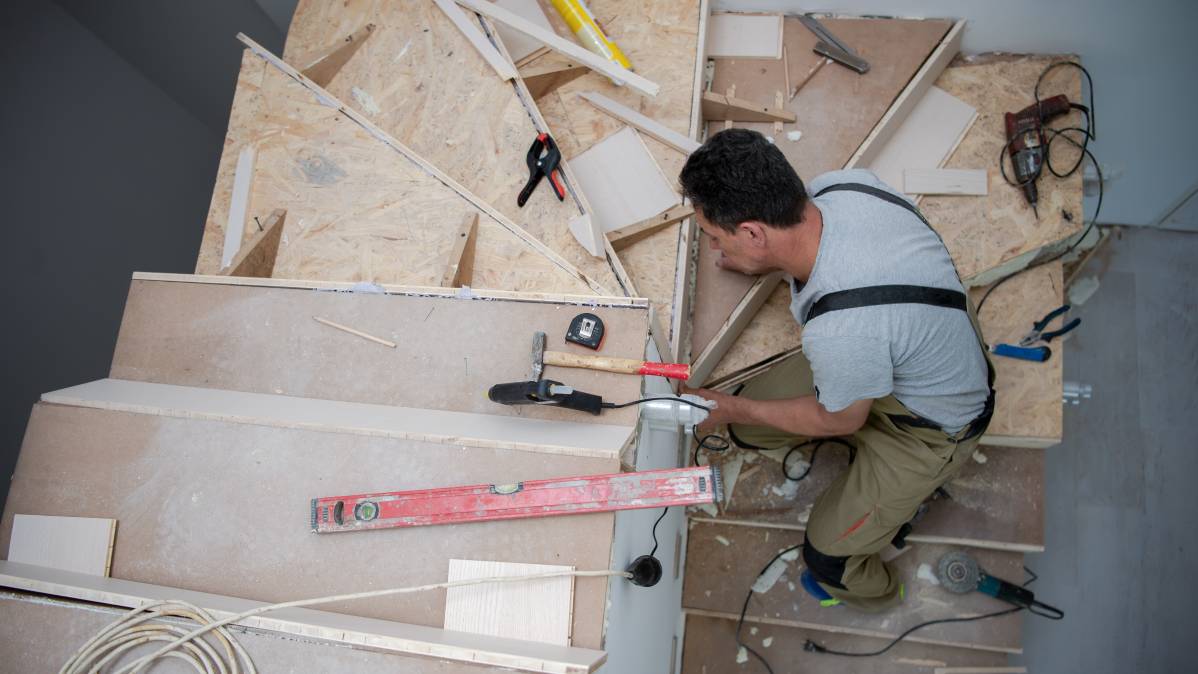
How much does a new staircase cost?
Read more
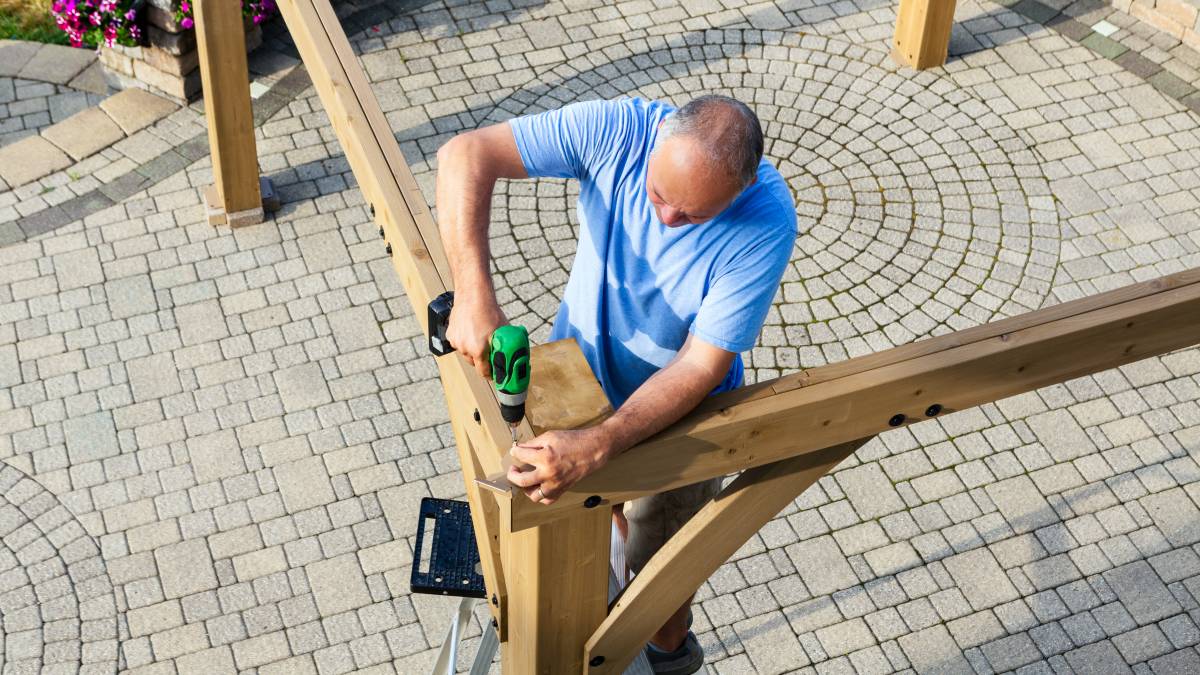
How much does a pergola cost?
Read more
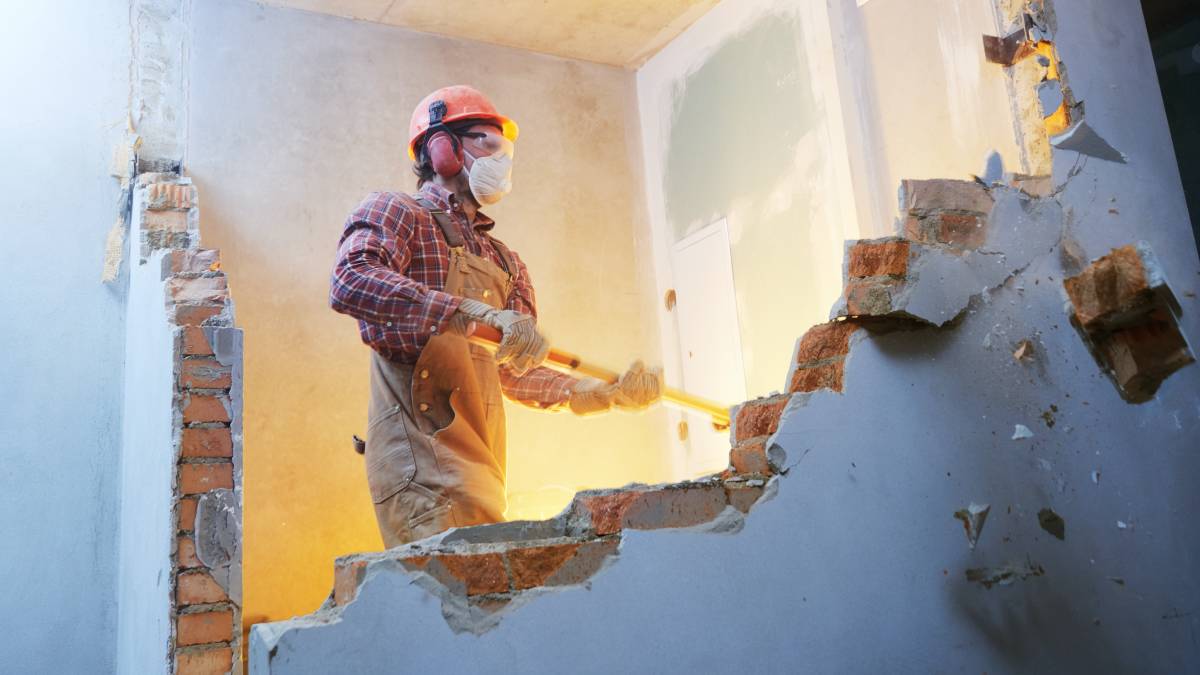
How much does demolition cost?
Read more
Related articles
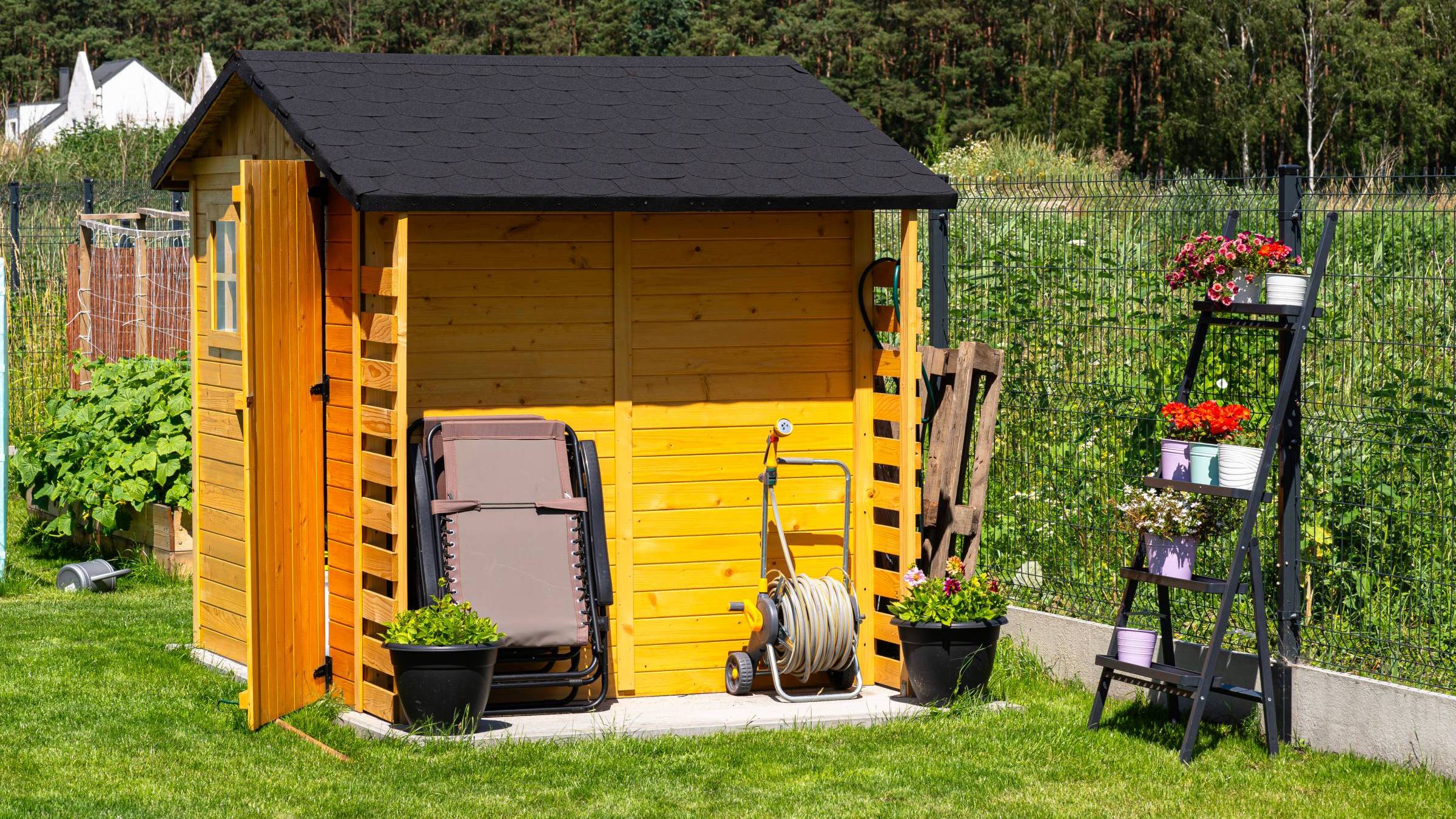
Your handy shed tools checklist
Read more
